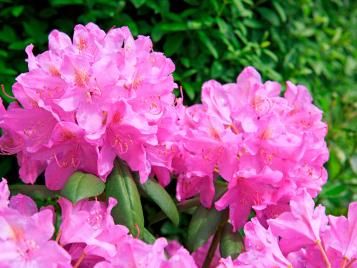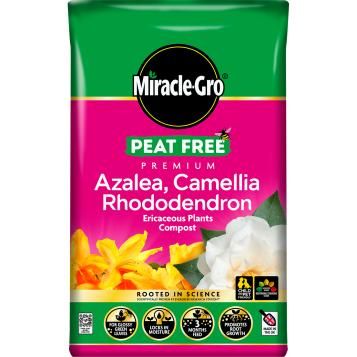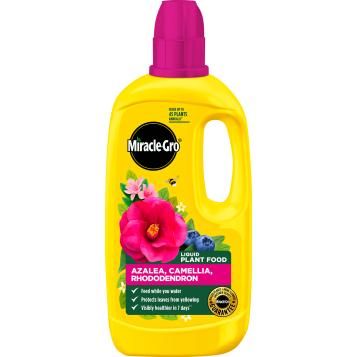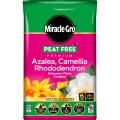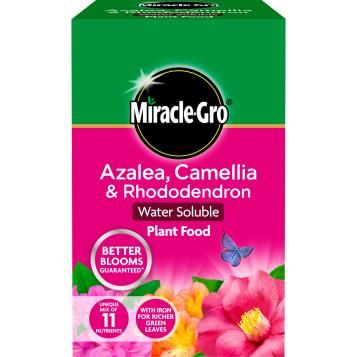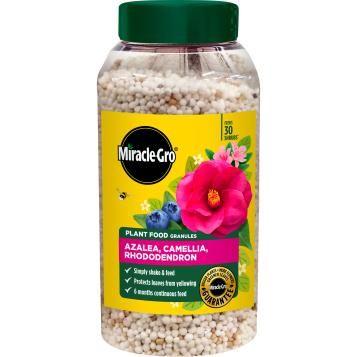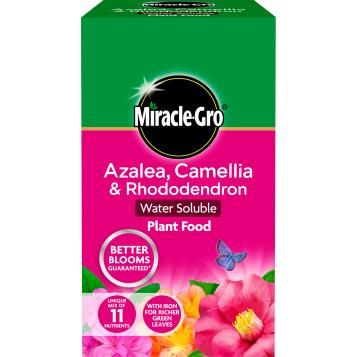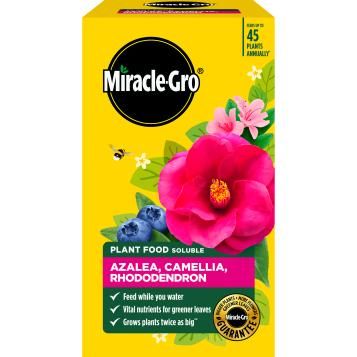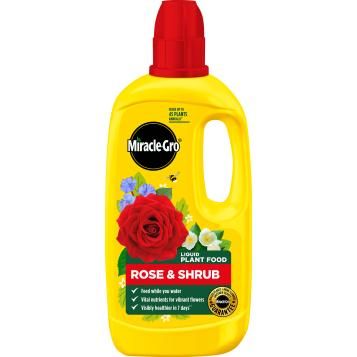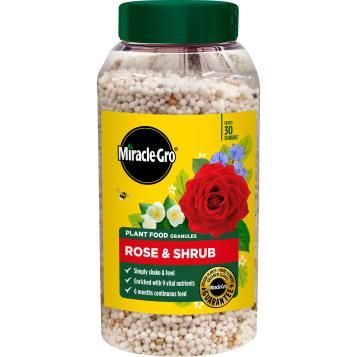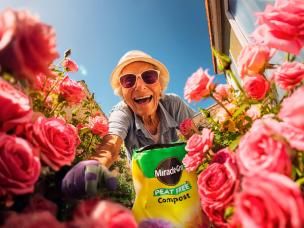
Ericaceous soil explained: what is ericaceous compost?
What is ericaceous compost?
Ericaceous compost, or ericaceous soil, is a specialist acidic compost designed for "lime-hating" plants like rhododendrons, camellias, and blueberries. With a low pH (4.5 to 6.0), it helps acid-loving plants absorb essential nutrients, preventing yellow leaves and poor growth. Regular alkaline soil locks nutrients, making ericaceous compost essential for these plants to thrive.
Which plants need an ericaceous compost?
The most popular type of plants that need to be grown in an ericaceous compost include:
- Rhododendrons and Azaleas
- Camellias
- Pieris japonica
- Gaultheria procumbens
- Japanese maples (Acer)
- Some Magnolias
- Liriope muscari
- Heathers.
There are also some fruits that need or prefer an acidic soil, including Blueberries, Raspberries and Cranberries. This list isn’t exhaustive so do make sure you research your plant to be sure what type of compost it needs!
